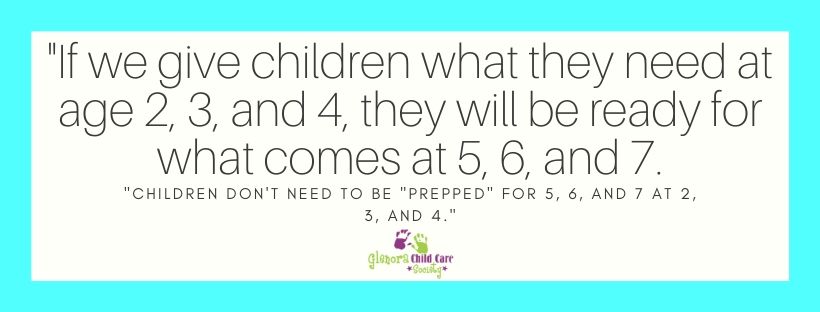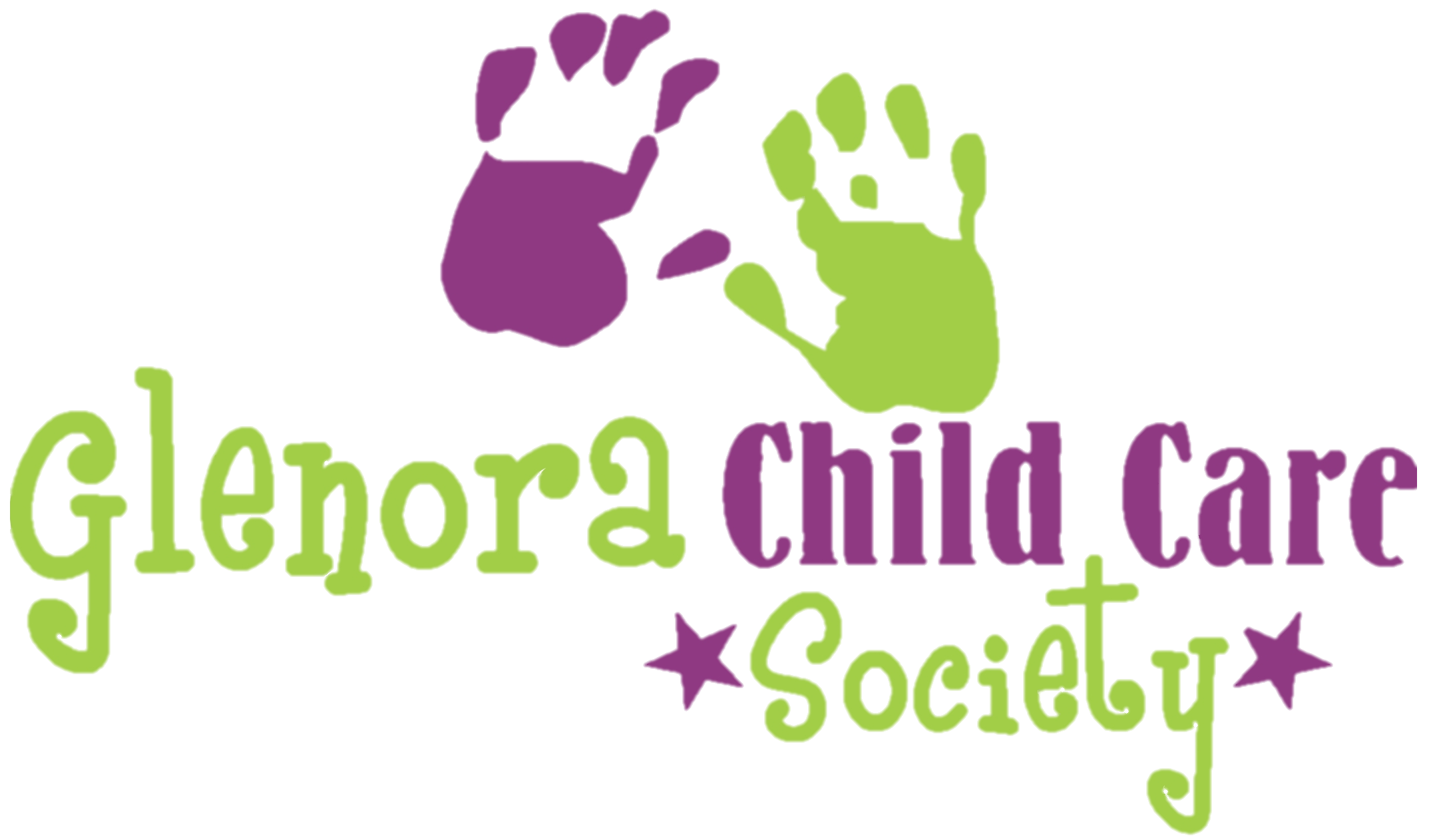How One Quote Changed my Perception of Kindergarten Readiness

Leena Priestley, ECE | February 2020
As an educator, different centers I have worked at had varying definitions of what getting children ready for kindergarten meant. At one centre we had to complete a kindergarten readiness checklist to ensure children could write their names, identify all their letters and numbers, using the proper pencil grip etc. prior to going to kindergarten. At this point in development many children weren’t reaching these milestones and it felt defeating thinking it was my fault as an educator. At our centre it is the complete opposite with the philosophy that children will gain these skills as they show interest with an environment rich with opportunities to participate and educators scaffolding during the interactions to teach new ideas and expand on ideas.
It always felt difficult to explain to families why their child wasn’t reaching the classic “academic” milestones before kindergarten and why we shouldn’t push the child to reach these tasks that we typically associate with kindergarten readiness. Especially at the same time thinking “Should I be having children do this?! Do I have it wrong?”. After reading “If we give children what they need at age 2, 3, 4, they will be ready for what comes at 5, 6, and 7” everything clicked and it all made sense. The pressure from families and past experiences was gone and an “aha” moment occurred. If you look at development like a ladder, each rung is the next step for the child and will happen prior to the rung above. If you think of an infant, the infant rolls over, then sits up, then pulls itself to stand, then will walk while holding furniture, all prior to the infant walking independently. This is the same with any developmental milestone. You need to meet the child where they are at and the rest will come. Pushing causes stress, especially if the child isn’t there yet. We want children to develop a love for learning by investigating and being curious through play.
” kindergarten students who are more inclined to exhibit “social competence” traits—such sharing, cooperating, or helping other kids—may be more likely to attain higher education and well-paying jobs. In contrast, students who exhibit weaker social competency skills may be more likely to drop out of high school, abuse drugs and alcohol, and need government assistance.”
Robert Wood Johnson (2015), How Children’s Social Skills Impact Success in Adulthood, Retrieved from https://files.eric.ed.gov/fulltext/ED592871.pdf
It’s easy to focus on development that is measurable and for the most part consistent, like physical and cognitive. Not having the necessary emotional and social skills can cause an abundance of hardships for anyone; not being able to keep a close support group, stop trying because it gets too difficult and stressful, becoming irrational, seeking attention, not being able to hold a job, etc. I think the importance of social and emotional skills are sometimes lost and might be due to the pressure parents face. The feeling that your child isn’t where they should be because another child is talking, walking, writing their name, labeling letters while their’s isn’t quite there yet. How often do you hear a parent bragging about how their child labels their emotions, recovers from difficult moments, let another child go first on a slide, or accepted a child with differences into their play?
Meeting your child at the skills they are currently developing while adding challenges that they can handle is the best way to prepare them from whats next, not pushing them to something they have no basis of skills for. I am not going to teach someone how to turn on a car and then expect them to parallel park right away. I shouldn’t expect this kind of learning from children either.
